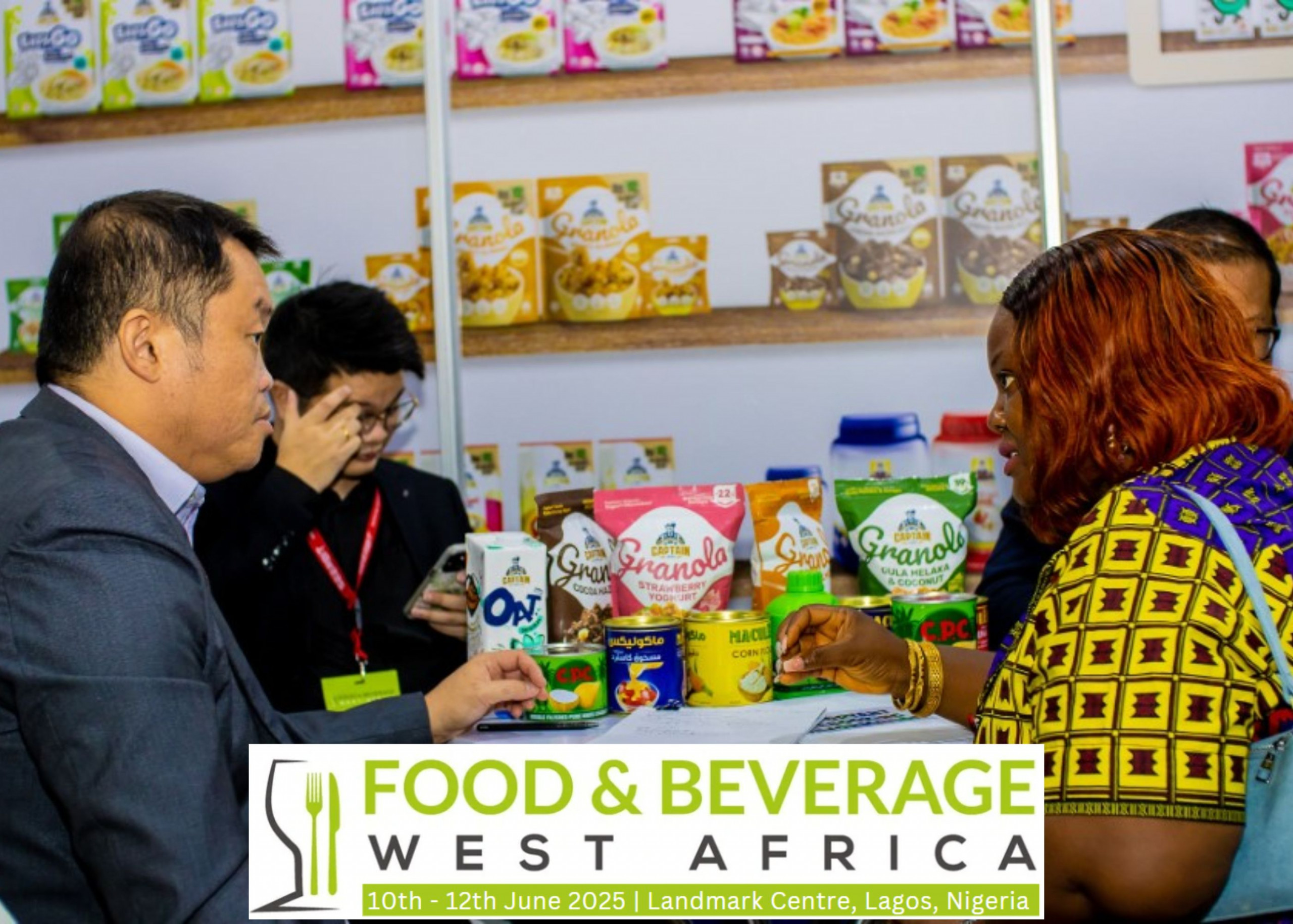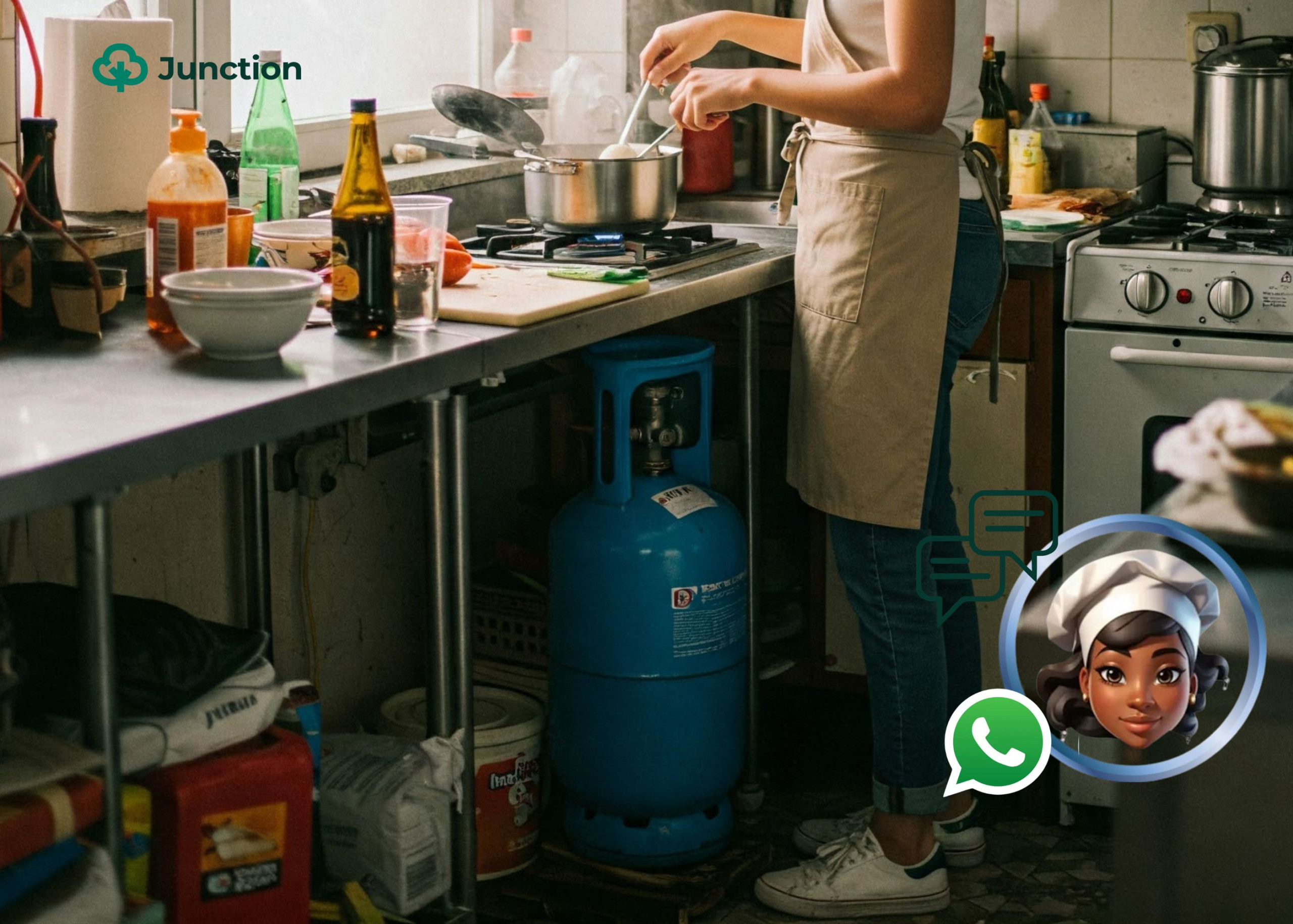I have been planning to attend the GTCO Food & Drink Festival ever since I moved to Lagos in 2022. Every year, I would see the pictures, paparazzi and glam online, hear friends rave about it, and tell myself, “Next year, I’m going for sure.”
So when an email popped up from my bank, Guaranty Trust Bank (GTBank), announcing the 2025 edition, I knew it had to happen this year. And nope, I wasn’t going alone. I pitched it to my boyfriend, who thankfully was onboard. Plus, I needed someone to take cute pictures of me and spoil me in my love language. You know now! A fun event is best shared with your loved one.
We picked Saturday, May 3rd, the second day of the three-day festival. The minute we stepped in, I knew this was way more than just a food fair. It was a full-on celebration of flavour, Nigerian culture, creativity, and culinary brilliance. Everything the festival promised and more. And it lived up to the hype.
Here are five things the GTCO Food and Drinks Festival 2025 taught me (and probably many others) about how deeply food really runs in our lives.
Five lessons from the GTCO Food and Drinks Festival 2025
1. Food is a powerful medium for preserving culture
GTCO 2025 wasn’t just a tasting event, it was a cultural classroom. Every stall told a story. Whether it was northern Miyan Kuka, south-south Banga soup, or eastern Ofe Onugbu, Nigerian food was showcased in all its diversity and glory.
One of the standout masterclasses I joined was led by Chef Tamara Patterson. She made a spicy comparison between Jambalaya rice and Jollof rice, and let’s just say, the room erupted. I wouldn’t judge the comparison here, because I know you know who the winner always is.
However, the session sparked a conversation about food origins, similarities, identity, and the pride we attach to local dishes. It then hit me: our dishes aren’t just recipes, they’re history, memory, identity and emotion all simmered into one.
This festival taught me that preserving food traditions is preserving ourselves. And with each bite and story, our heritage lives on.
2. Nigerian entrepreneurs deserve more stages like this
Walking around the retail village, it was impossible not to be impressed. So many local food and drink vendors, all brimming with creativity. From innovative Ugu chips to handcrafted drinks and sauces, you could taste the hustle and heart behind each product.
In an economy where visibility is expensive, this platform gave small businesses a chance to shine, and shine they did. I sampled, shopped, and chatted with a few of the vendors. Their energy was infectious, and their products impressive.
This made me realise something else: there’s no shortage of talent in Nigeria, only access. This may sound cliché, but it’s ever true. Platforms like this can shift the game for many, but sadly, there are only a few.
3. Culinary creativity knows no borders
I attended a couple of masterclasses with my boyfriend, and I was wowed by the lineup. From Chef Daniel Galmiche’s approach to sustainable cooking to Chef Thomas Zacharias’s exploration of regional Indian cuisine, there was so much to learn.
But you know what stood out? Despite the international presence, Nigerian cuisine held its own. Our chefs, ingredients, and techniques stood shoulder to shoulder with the world’s best. There was no inferiority complex here, just mutual respect and exchange.
Events like this make it clear: Nigerian food belongs in global conversations, not as a novelty but as a force.
4. Our food is bold and deserves to be celebrated that way
I must say, Nigerian food showed off! There was no watering down, no fusion for fusion’s sake. The aroma of suya, the sizzle of boli, the hot spice from that ata rodo, it was all there. Dishes weren’t rebranded or reinterpreted for international appeal. They were presented as-is, with genuineness and cultural pride. And people loved it.
The queues didn’t lie. From locals to tourists, everyone was getting a taste of the real deal. It reminded me, we don’t have to tweak our food to make it appealing. We just need to plate it with confidence.
5. The best memories happen around food
What really warmed my heart? The togetherness. Everywhere you looked, families, friends, couples, all bonding over shared plates. There were picnic benches, selfie spots (which I fully took advantage of), and even a playground for the kids, though let’s be honest, the little ones were way more interested in tasting good foods than playing.
By the end of the day, I was sun-kissed, happy, and full, body and soul. This wasn’t just a cute outing with my boyfriend, it was a memorable one. And like all great memories, it was soaked in laughter and jollof, that I almost forgot I had work to do, write for my esteemed audience!
Final thoughts
The GTCO Food & Drink Festival 2025 was more than a celebration of food. It was a spotlight on the full journey of food, from soil to stomach. It reminded me that before the jollof hits the plate or the zobo fills the cup, there’s a farmer, a planter, a grower, someone whose hands worked the land.
Every ingredient we enjoyed, Pepper, Okra, Rice, Ugu, started as a seed. And seeing the creativity on display made it clear: agriculture isn’t just the backbone of food, it’s the root of our culture and economy too. If we want our cuisine to continue shining, then we need to invest in the people who make it possible, from the farms to the kitchens.
This festival wasn’t just about eating, it was about understanding and sharing. It showed how Nigerian food, powered by Nigerian land and labour, can feed not only our bodies but our global reputation.
So yes, if you’re thinking about going next year, do it! Come for the food, stay for the culture, and leave with a deeper appreciation for the journey that begins in our soil and ends on our tables.



